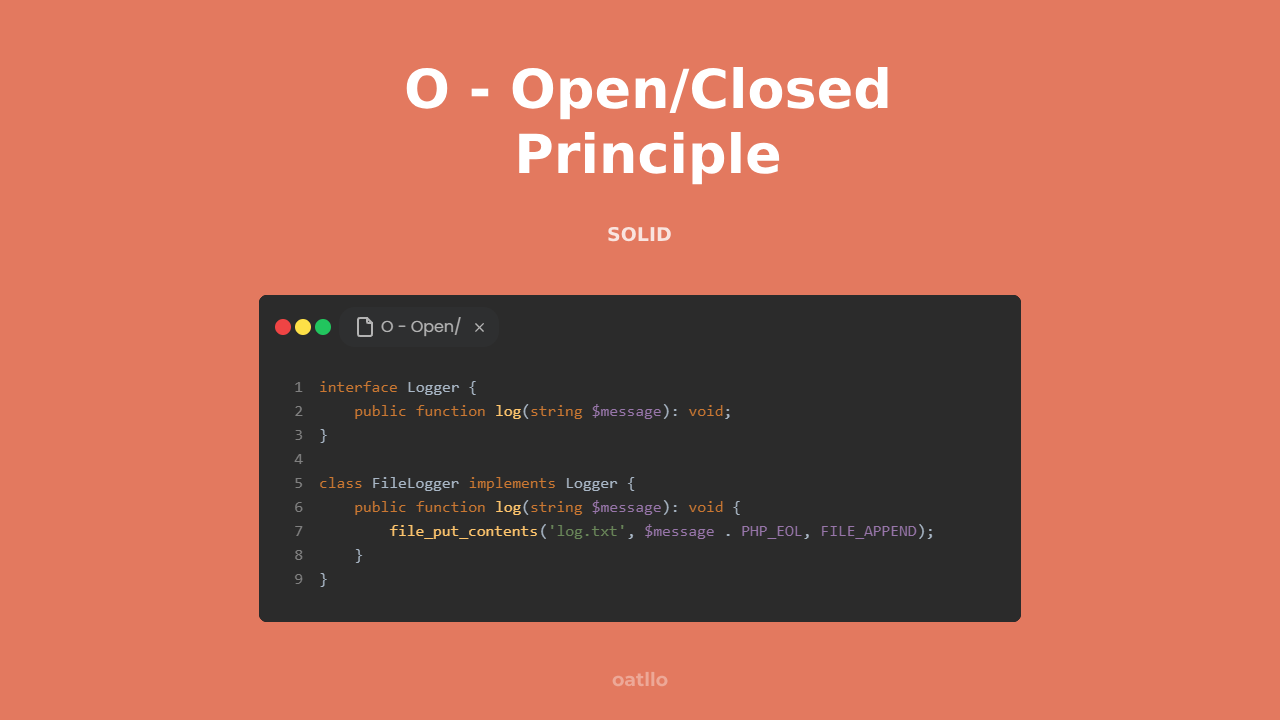Understanding the O Principle in Programming
The O Principle, also known as the **Open/Closed Principle**, is one of the five SOLID principles of object-oriented programming and design. This principle emphasizes that software entities (classes, modules, functions, etc.) should be open for extension but closed for modification. By adhering to this principle, developers can create a more flexible and maintainable codebase.
Why is the O Principle Important?
Implementing the O Principle enhances the scalability of applications. When new features need to be added, existing code should not be altered; instead, new functionality should be introduced through extension. This approach minimizes the risk of introducing bugs in previously tested code. By ensuring that classes can grow in functionality without requiring direct changes, we preserve the integrity of our software.
How to Implement the O Principle
To effectively implement the Open/Closed Principle, programmers often use inheritance and polymorphism. By allowing existing classes to be extended rather than modified, developers can introduce new behaviors without disturbing the existing system. Interface segregation and abstract classes are also critical in upholding this principle, providing a foundation for future enhancements while preventing direct changes to the original code.
Common Mistakes in Applying the O Principle
One frequent mistake is making classes too generic in an attempt to adhere to the O Principle. While abstraction is beneficial, it can lead to unnecessary complexity if overdone. Another pitfall is failing to recognize when a class is adequately serving its purpose; not every class requires extensibility. Developers should carefully assess the need for modification and extension in their applications.
Examples of the O Principle in PHP
In the context of PHP programming, the O Principle can be observed through the use of interfaces and traits which allow for the creation of versatile and reusable components. By designing classes that interact with these interfaces, developers can ensure that their code remains robust and adaptable to changes.
Explore the articles below to deepen your understanding of the O Principle and its applications in PHP programming!
